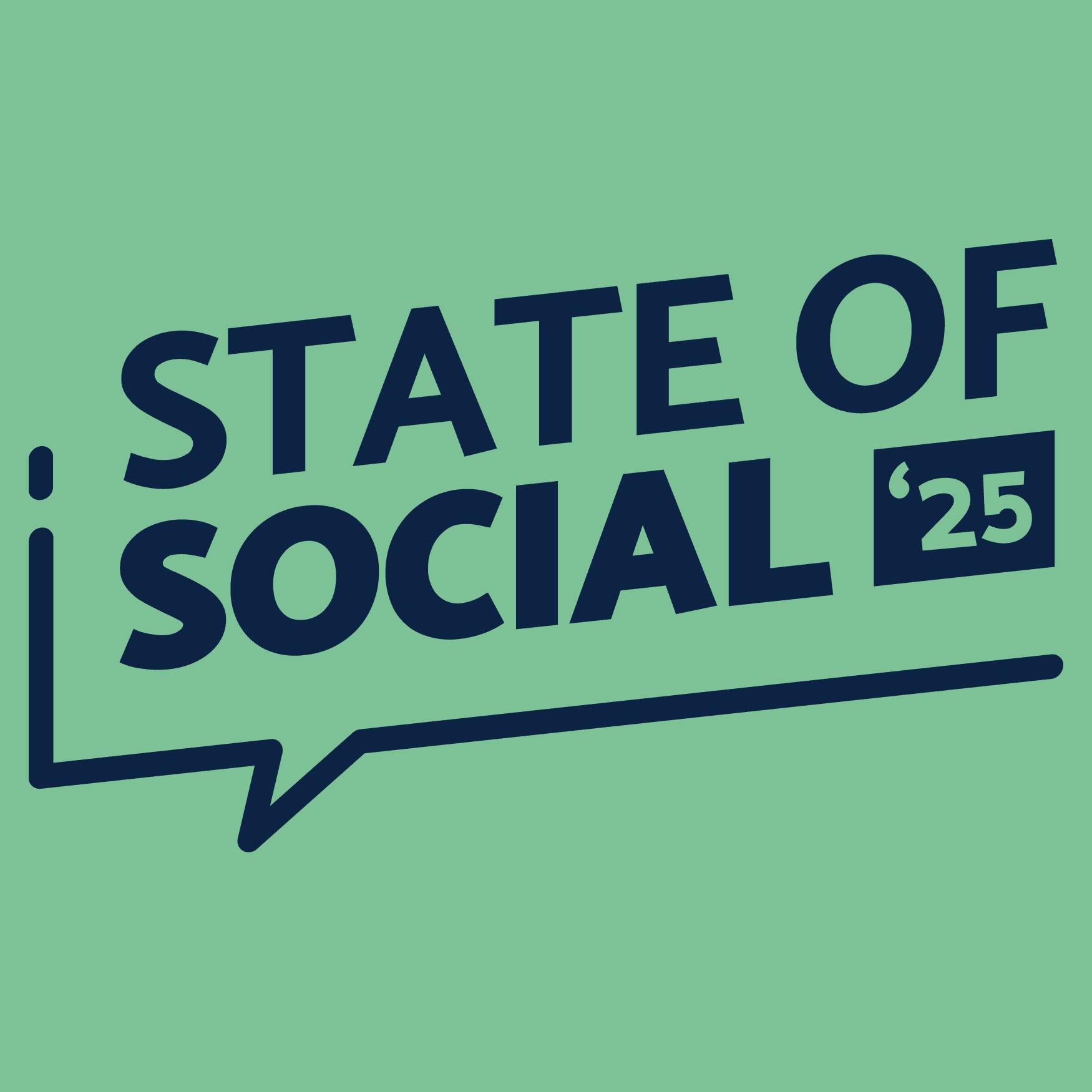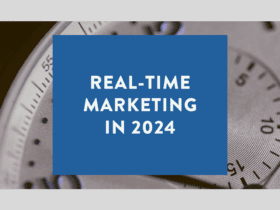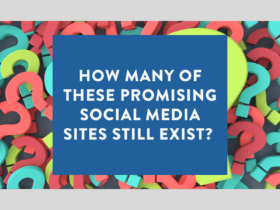We’re constantly told that the Holy Grail of social media marketing is increased engagement.
That would be fine if we could all agree on what engagement actually is – and why it matters.
Like many writers, I am capable of developing a deep dislike for certain words that can border on the fanatical. When your trade is language, words become tools to be wielded with precision – and to be resisted when others mistreat them.
One word I have come to despise is “engagement”. It’s not a bad word in itself, but since the arrival of social media, marketers have completely eroded its meaning and usefulness.
Engagement has become a vague catch-all term that is often retrospectively (and self-servingly) defined when justifying whatever the results are after the fact.
After all, not all social media engagement is equal. Is a like equivalent to a retweet? Probably not. If the ultimate goal of the post is, for example, to encourage people to click the link and read the article – possibly leading to a call to action – do any other metrics matter if no one actually clicks?
And let’s get real here: social media users routinely share or retweet content without necessarily clicking on the link or reading the article first.
According to a 2016 study by computer scientists at Columbia University and the French National Institute, six out of 10 articles (59%) shared and reshared to Twitter are never clicked. That’s a lot of social media engagement that kinda missed the point.
In an interview with The Washington Post, one of the co-authors of the study, Arnauld Legout, said: “People are more willing to share an article than read it. This is typical of modern information consumption. People form an opinion based on a summary or a summary of summaries without making the effort to go deeper.”
This is great if retweets alone can be converted into cash (they don’t, in case you were wondering). But it’s frustrating if your strategy depends on enough people making it to the end of the article where a percentage might be enticed to do whatever it is your business model requires them to do.
Imagine being the passenger in a car where the driver measured the success of a journey by whatever numbers popped up on the dashboard.
“When will we get to the destination?”
“We’ve notched up 150kms.”
“OK, but will we get where we’re going?”
“There’s still half a tank of petrol, which only cost us $1.59 a litre this week.”
“Good to know. But are we there yet?”
“The current temperature outside the vehicle is 28 degrees.”
It’s unlikely you’d book the same taxi firm.
But I see marketers do this all the time, using engagement metrics to justify the worth of social media without relating those figures to that bottom-line business outcome the client or CFO ultimately cares about.
Every year, I am privileged to judge a couple of categories in the Content Marketing Awards, run by the Content Marketing Institute. Quite a few times, I’ve judged a social media category, working my way through a mountain of entries trying to convince me that their little campaign is worthy of high recognition.
And every year there are a handful of entries that do blow me away, with stunning creative and undeniable metrics that lead right back to a documented strategic goal.
Unfortunately, I also review a lot of entries that pin all their worthiness on basic, often fluffy, engagement metrics that fail to demonstrate any tangible strategic benefit. And there are usually one or two where even those engagement metrics are far less impressive once the carefully worded rhetoric is stripped away.
Such as the entry boasting that the campaign’s Facebook posts resulted in a 300% increase in engagement. Sounds good, right? Except I searched out the posts in question and discovered this dramatic jump in engagement amounted to 12 likes per post instead of the brand’s usual average of four.
I’m not sure how the ROI would break down on that, but I doubt the CFO was dancing on the ceiling.
This is engagement invoked to obfuscate rather than optimise.
Don’t get me wrong: Engagement is valuable. After all, our social media activities need to generate some activity. Otherwise, what’s the point?
But any talk of engagement is only useful when everyone involved can agree on the specifics beneath that nebulous umbrella term. Which of those metrics on the dashboard can get you closer to your destination and which are mere distractions to be avoided?
Unless you can draw a line between those likes and those sales (or subscriptions, or email signups, or whatever drives the business model), someone will eventually start asking some difficult questions about whether those social media activities are really the best use of the available budget.









LET’S CONNECT